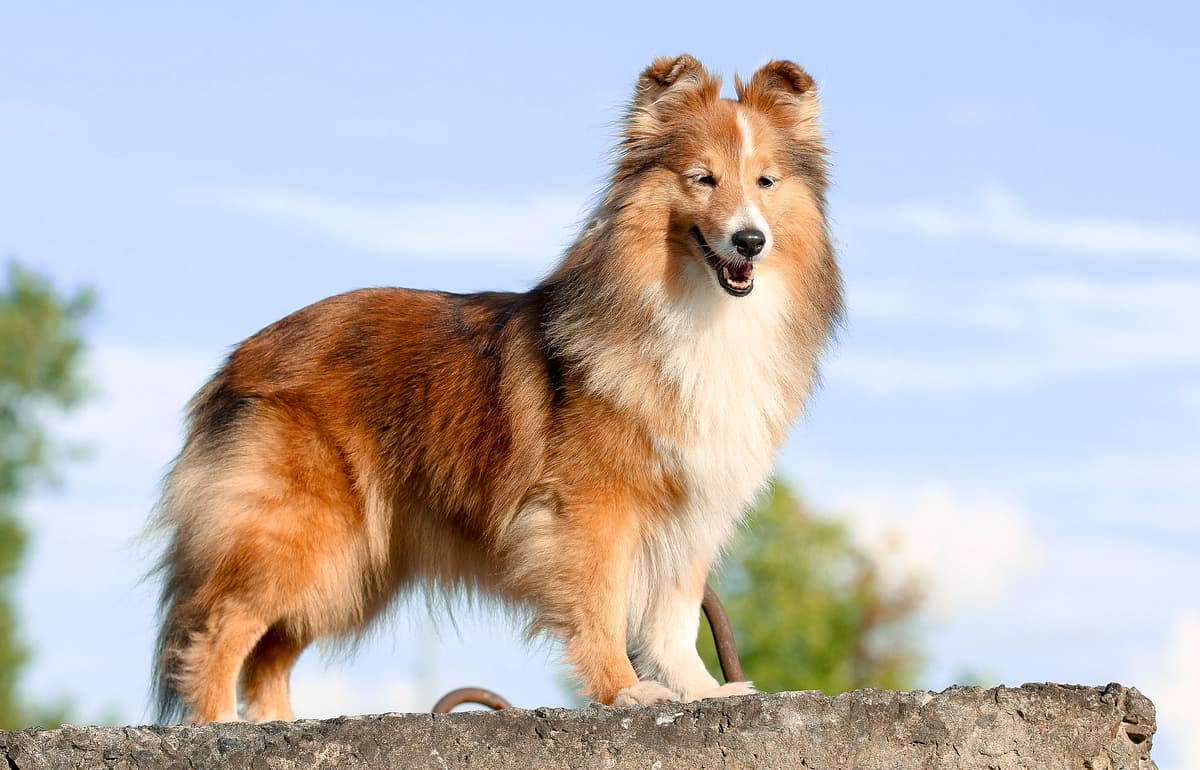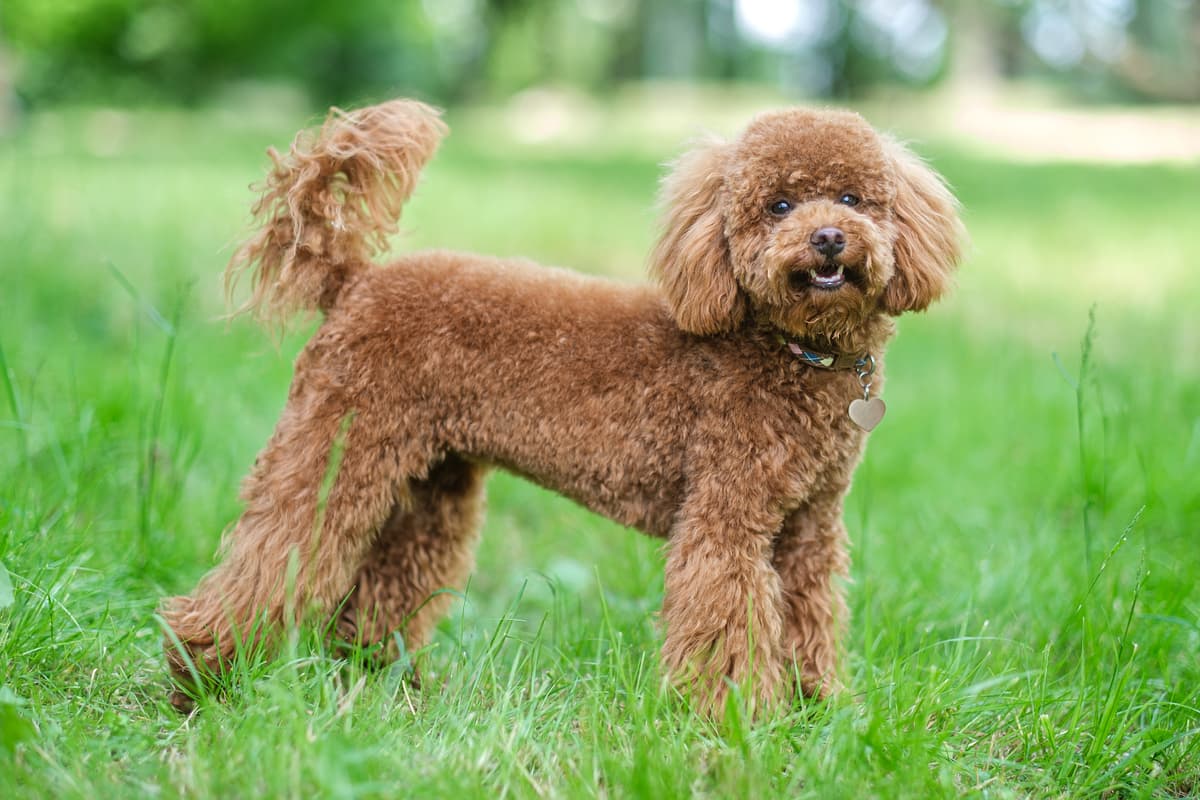Sheltie vs Poodle
Discover the differences between Sheltie and Poodle to make the best choice for your situation.
Try different breeds

Sheltie
Energetic, intelligent, and loyal, this breed thrives on companionship and mental stimulation. Agile and responsive, it excels in dog sports and makes a loving family friend.

Poodle
Elegant, intelligent, and highly trainable, this breed stands out for its lively spirit and loyal companionship. Their hypoallergenic coat and playful personality make them ideal family pets.
Quick comparison
Medium
9–11 kg
Double coat, dense undercoat
12–14 years
8–10 kg
High energy
Medium
20–32 kg
Curly, dense
12–15 years
18–27 kg
High energy
Personality & behavior
Compare the personality traits and behavioral characteristics of both breeds.
Sheltie
Affectionate with family, reserved with strangers
Learns commands and tasks quickly and easily
Needs regular activity and mental stimulation
Enjoys games and interactive activities daily
May struggle with changes or new environments
Poodle
Warm and sociable with family and guests
Highly intelligent and quick to learn commands
Needs regular activity and enjoys exercise
Loves games and interactive playtime
Easily adjusts to new environments and routines
Care needs
Exercise, grooming, and daily care requirements
Sheltie
Collie eye anomaly, hypothyroidism
Poodle
Hip dysplasia, Addison’s disease
Suitability
How well each breed fits different living situations and families
Sheltie
Good option
Intelligent and eager to please, Shelties respond well to consistent training and guidance.
Manageable with effort
Shelties can adapt to apartments if given enough daily exercise and mental stimulation.
Excellent match
High energy levels make Shelties well-suited for active, engaged households.
Generally suitable
Gentle and affectionate, but may be sensitive to loud or rough play from young children.
Gets along well
Typically sociable with other pets when properly introduced and socialized.
Prone to anxiety
Shelties can develop separation anxiety if left alone for long periods frequently.
Poodle
Great choice
Intelligent and eager to please, Poodles are easy for beginners to train and manage.
Highly suitable
Poodles adapt well to apartment life if given daily exercise and mental stimulation.
Perfect fit
Their energy and love for activity make them great companions for active households.
Very friendly
Poodles are gentle and patient with children when socialized from a young age.
Gets along well
Poodles usually coexist peacefully with other pets, especially if socialized early.
Prone to anxiety
Poodles can develop separation anxiety if left alone for long periods regularly.
Breed strengths
What each breed excels at and their best qualities
Sheltie
- Highly intelligent and responsive to training
- Loyal and affectionate with family members
- Excellent watchdog with strong alertness
- Good with children and other pets
- Agile and excels in canine sports
Poodle
- Highly intelligent and easy to train
- Hypoallergenic coat reduces shedding
- Strong bond with family members
- Adaptable to various living environments
- Excellent performance in canine sports
Challenges & considerations
Potential challenges and considerations for each breed
Sheltie
- Prone to excessive barking without training
- Sensitive to loud noises and stress
- Needs daily exercise and mental stimulation
- Heavy seasonal shedding requires regular grooming
- Can be reserved or shy with strangers
Poodle
- Requires regular professional grooming
- Prone to separation anxiety if left alone
- Needs daily mental and physical stimulation
- Can be reserved with unfamiliar people
- Susceptible to certain genetic health issues
Ready to choose your perfect breed?
Learn more about each breed or compare other breeds to find the perfect match for your lifestyle.
Discover more helpful tools
Make use of our other free tools to get the most out of your pet experience
